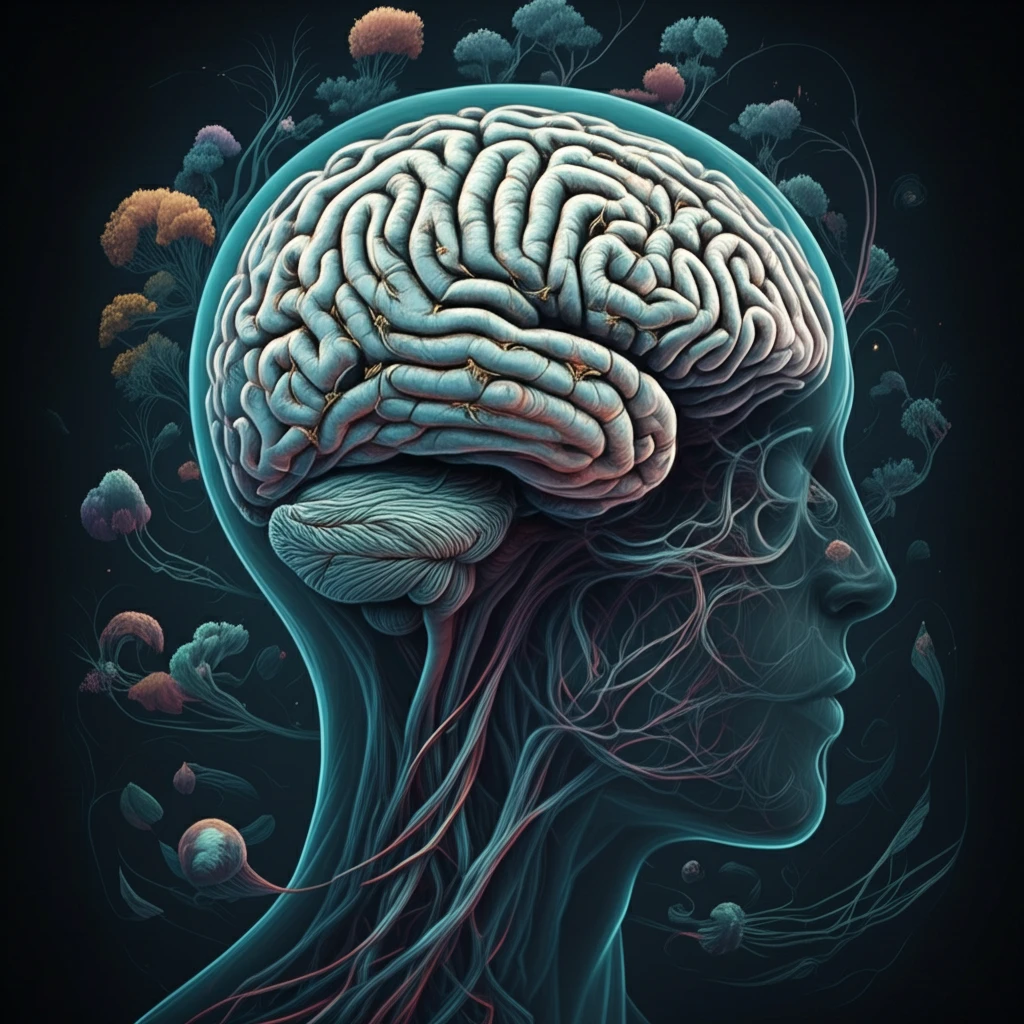
Unlocking the Power of Cognitive Metaphors: How They Shape Our Thoughts and World
"Delve into the fascinating world of cognitive metaphors, exploring how these linguistic tools influence our understanding, creativity, and perception of reality."
We often use metaphors to describe abstract concepts, but have you ever considered how deeply these metaphors shape our understanding? Cognitive metaphors, a concept that has gained traction in recent years, are not merely stylistic devices; they are fundamental structures that influence how we think, reason, and experience the world. This article explores the foundations of cognitive metaphors, examining their impact on language, thought, and culture.
Think about common phrases like 'time is money' or 'arguments are war.' These aren't just figures of speech; they frame our perceptions. When we treat time as a resource to be spent or wasted, it affects our behavior. Similarly, viewing arguments as battles can lead to adversarial communication styles. Understanding these underlying metaphors can provide profound insights into our cognitive processes.
This exploration draws insights from a variety of perspectives, including linguistics, cognitive science, and cultural studies, and inspired by semantic researchers. By unpacking the fundamentals of cognitive metaphor formation, we can gain a better understanding of how language shapes our reality, and how we can use this knowledge to communicate more effectively, foster creativity, and challenge our own assumptions.
What are Cognitive Metaphors and Why Do They Matter?

At its core, a cognitive metaphor is a conceptual mapping from one domain of experience (the source domain) to another (the target domain). This mapping allows us to understand abstract or complex concepts in terms of more concrete or familiar ones. For example, the concept of 'life' (target domain) is often understood in terms of a 'journey' (source domain). This gives rise to expressions like 'navigating life's challenges' or 'being on the right path.'
- Enhancing Understanding: Cognitive metaphors make abstract concepts more accessible and relatable.
- Shaping Behavior: The metaphors we use influence our actions and decisions.
- Impacting Communication: Recognizing cognitive metaphors can improve communication by revealing underlying assumptions and biases.
- Driving Creativity: Understanding metaphorical thinking can unlock new perspectives and innovative solutions.
Embracing the Power of Metaphorical Thinking
Cognitive metaphors are not just linguistic curiosities; they are powerful tools that shape our understanding of the world. By recognizing the metaphors we use, we can gain valuable insights into our own thought processes and challenge limiting assumptions. Embracing metaphorical thinking can enhance our communication, creativity, and overall cognitive flexibility.

